 A
bunionette describes a bony bump that develops on the side of the little (fifth) toe at the ball of the foot. Bunionettes are very similar
to bunions, which are more
common and occur at the big toe, apart from their location on the outside of the foot and the involvement of a smaller joint. Bunionettes
are also known as tailor’s bunions because of their historical prevalence among tailors who regularly worked sitting
cross-legged with the side of the fifth toe against the ground.
A
bunionette describes a bony bump that develops on the side of the little (fifth) toe at the ball of the foot. Bunionettes are very similar
to bunions, which are more
common and occur at the big toe, apart from their location on the outside of the foot and the involvement of a smaller joint. Bunionettes
are also known as tailor’s bunions because of their historical prevalence among tailors who regularly worked sitting
cross-legged with the side of the fifth toe against the ground.
The first of the two main causes of bunionettes is poorly fitting footwear. Shoes that are tight, narrow at the toes, have pointed toes, and are high-heeled are primary culprits in the development of bunionettes. This is because they force the fifth toe inwards on the joint, and keep it there throughout the day. Over time, this will result in changes to the joint itself, with the fifth toe permanently pointing inwards and subsequently the fifth metatarsal (long bone) pointing outwards. This bend creates the bony ‘bump’ that is the bunionette. Faulty foot biomechanics (the way the foot functions) can also result in bunionettes. This occurs when there is more loading and pressure through the outside of the foot and through the fifth toe. Because you are essentially rolling out through your fifth toe and hence pushing the joint inwards with every step you take, this can also lead to the development of a bunionette over time. Alongside the changes to the joint, there may also be an outgrowth of bone on the side of the joint where bunionettes are large and/or irregularly shaped.
Bunionettes are usually easy to spot, having a distinct hard bump on the outside of the fifth toe at its joint at the ball of the foot (metatarsophalangeal joint). Like bunions, bunionettes progressively worsen over time, meaning you’ll start off with a small bump that may gradually become larger. This process usually takes years. Other symptoms at the joint include:
Early intervention is key. It is much easier to manage a bunionette that is still relatively flexible and in the early stages as opposed to one that is fixed in place and has been present for decades. These fixed bunionettes usually cannot be conservatively treated, though the symptoms can be managed and reduced. Your Podiatrist will conduct a thorough examination of your foot and determine if there are any other factors in play aside from the presence of a bunionette. Concurrent conditions such as arthritis, if present in the joint, may alter the best treatment options for your feet. If painful symptoms are present, resting and icing the foot can help offer relief. Depending on the level of severity, tools used to then manage your bunionette may include:
In severe cases, surgery is offered as an option. While some changes from bunionettes can be irreversible, what can be altered is the rate at which it progresses. Your management will look at the best ways to slow down the progression of your bunion and keep you comfortable.
.png)
Since introducing shockwave therapy, we’ve helped many of our patients avoid surgery for certain conditions. Here's what you
need to know about shockwave treatment and how it works.
.png)
This Mother’s Day, consider a practical, medically safe, and confidence-boosting gift: a professional KeryFlex nail restoration treatment. It’s a simple, effective, and medically safe way to instantly transform the appearance of toenails.

In some cases like arthritis, continuing to stay active is one of the best things you can do for your joints. Is the same true if you're in pain or have an injury?

A stroke is New Zealand's second single biggest cause of death and a leading cause of serious adult disability. Here's how podiatry can help in your rehabilitation.
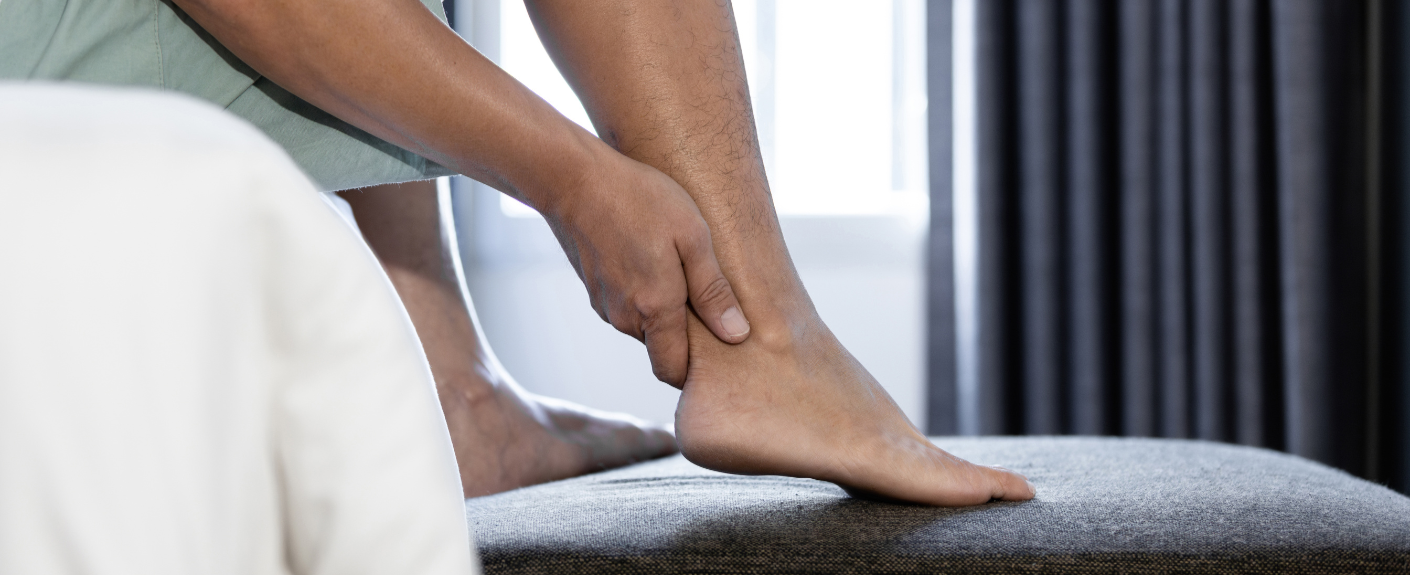
Shockwave is a fantastic treatment for Achilles injuries and Achilles heel pain. Here's how it works and how our podiatrists use it.
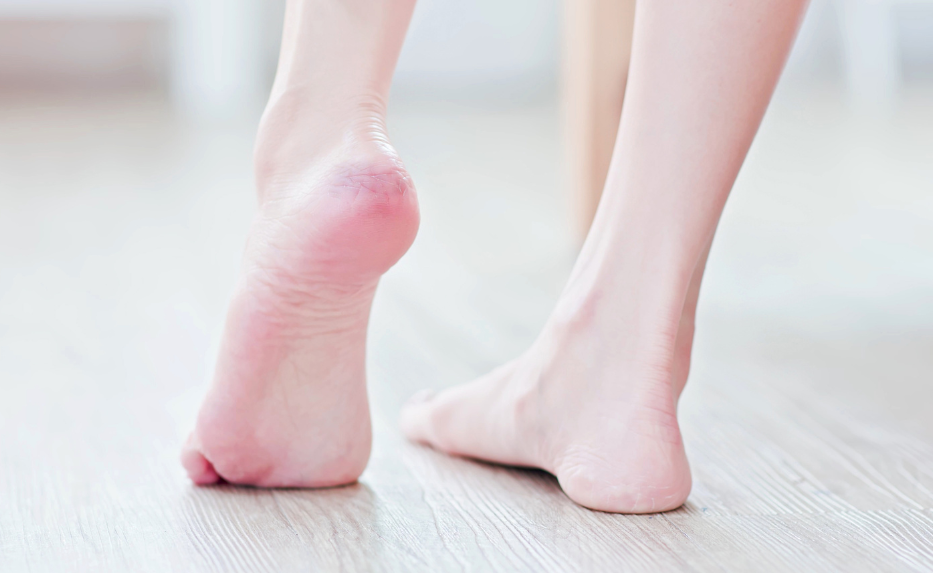
How does shockwave work to relieve foot pain? Here's how it helps you, and how our podiatrists use it at our Remuera clinic.

How do you go through the holidays and family visits while keeping up your strength and fitness? Here are five ways.

Help your loved ones stay on their feet for years to come with a podiatry appointment. Here's how it can help.
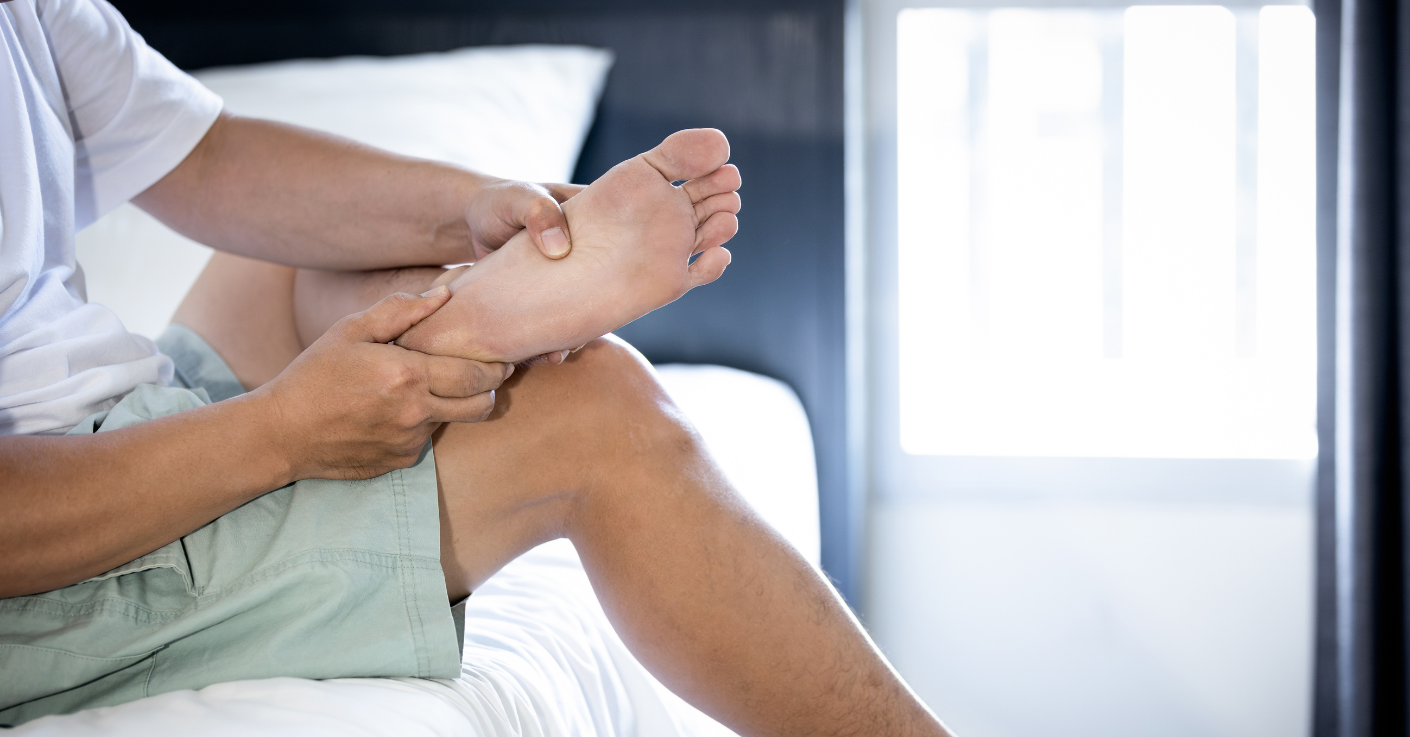
We’ve welcomed the Nu-Tek low-level laser into our podiatry clinic. Here's how you tell if it could be the answer to your foot
pain.
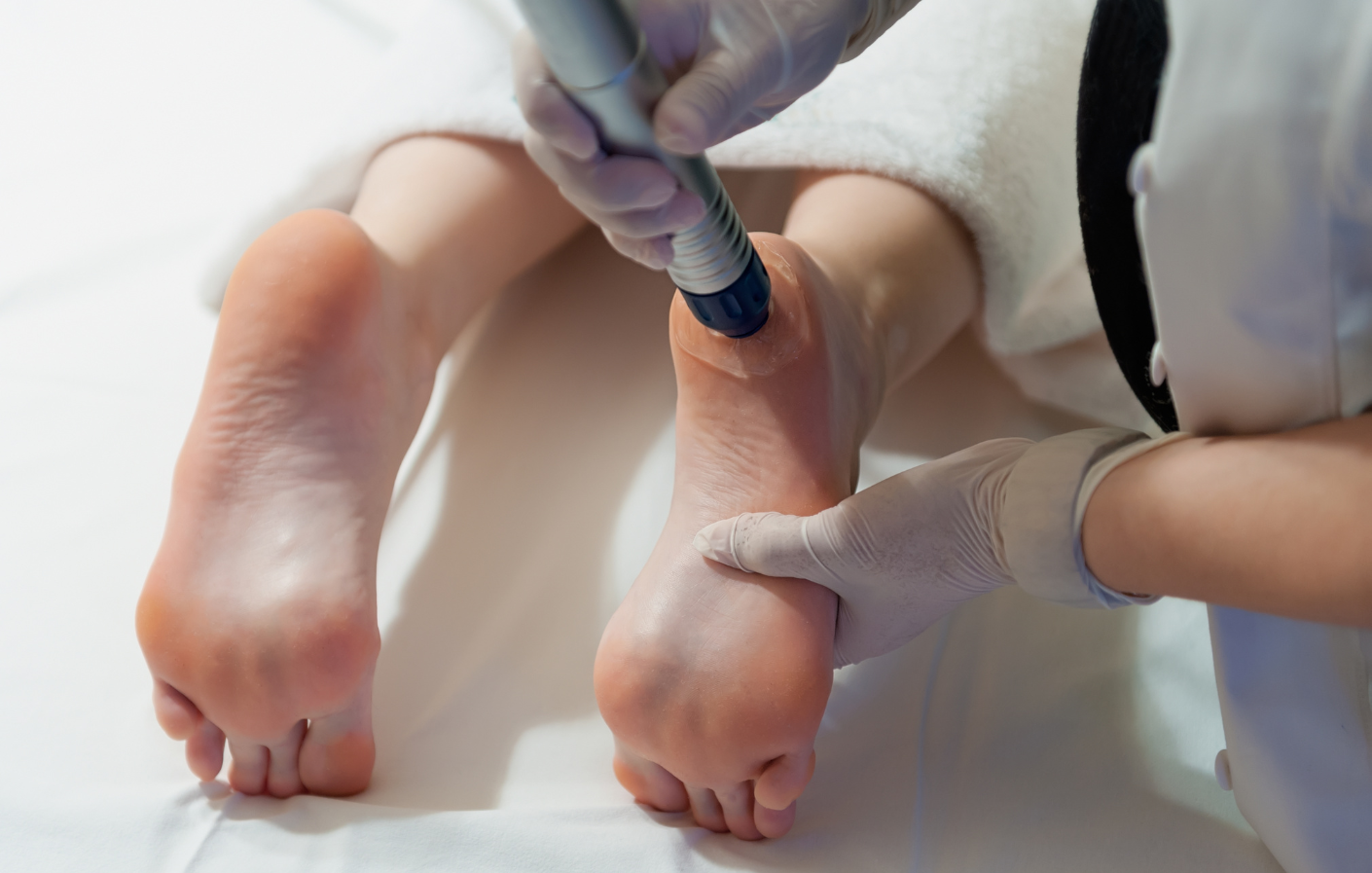
Otherwise known as radial pressure wave therapy, shockwave therapy is a device held by our podiatrists and positioned against your foot or leg at the site of your injury.

We can transform the appearance of toenails to look healthy and clear in three ways, and as fast as in one appointment. Here's how.

Tingling or numbness in your feet and legs during or after exercise can be an odd sensation. If you’re prone to experiencing it, the most common reasons are related to pressure on nerves or problems with your circulation.

Does wearing high heels really come at a cost to our feet? If you’re wondering what effects - if any - high heels may be having on your feet, here’s the inside scoop from our podiatrists.
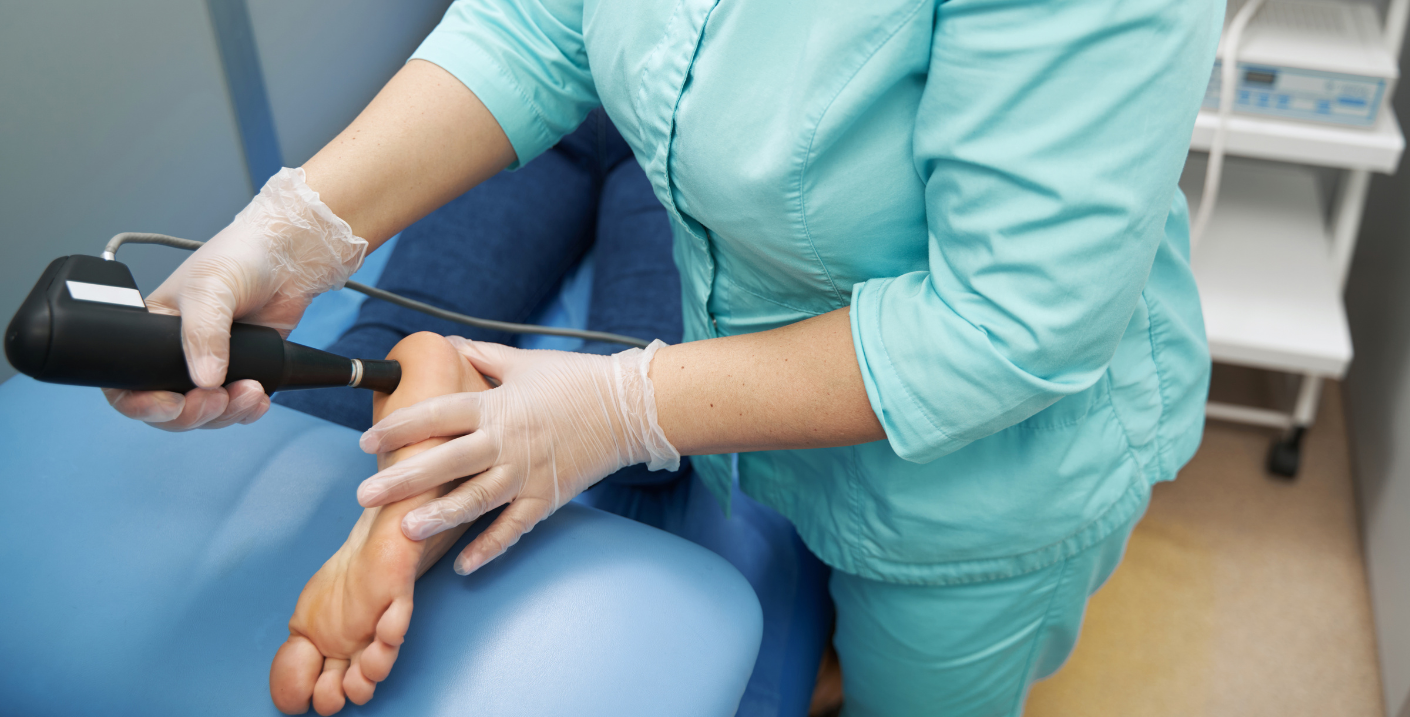
It’s important to not only use an evidence-based treatment plan to help you get the best outcomes for your foot and leg pain, but to help you see the best results in the shortest time. That’s the reason we’ve invested in shockwave.
Keeping your family on their feet and helping them to walk, run, play and exceed their goals is why we love getting up in the morning.
Ground Floor, One Health Building
122 Remuera Rd, Remuera
Auckland 1050, New Zealand
| MON - FRI | 7:30am – 6:30pm |
| SAT | 8:30am – 4:30pm |
| SUN | Some availability |
Make an Appointment
Online Schedule